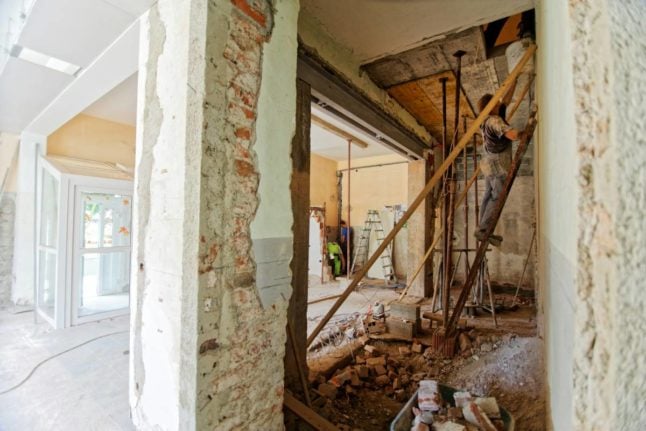Sellers in Norway are having a hard time shifting their homes. Despite high sales figures overall, the number of sales going unsold has also increased.
In October, Norway saw the sale of 7,762 homes, marking a 2.7 percent decline compared to the same month in 2022.
READ MORE: Are poor home sales about to revitalise Oslo’s rental market?
This surplus of available properties has made it more difficult for sellers to find buyers and the longer time it takes to sell a home, as reflected in the average of 41 days in October. Compared to a year ago, it is currently taking sellers 12 more days to sell a home.
Will it get easier to sell a home in Norway anytime soon?
In a call with The Local, Henning Lauridsen, managing director of Real Estate Norway, said that he doesn’t see housing prices rising by the end of the year – on the contrary.
“For the rest of the year, I expect the market to be a bit slower, and housing prices may even go down a bit,” Lauridsen told The Local.
This may mean it continues to remain difficult to sell a home. However, he noted that he believes 2024 will bring about changes. Heading into next year, shifting a home should become easier.
“In January, I believe we will see a sort of change, a stronger housing market, and the number of unsold dwellings to go down again,” he said, while pointing to seasonal demand drivers.
But, for the time being, Lauridsen said that buyers are in a good position.
“It’s a good situation for buyers at the moment; there are still a lot of properties on the market, and if you’re lucky, you can manage to get a good deal on an apartment,” he told The Local.
What to expect if you’re renting
The expert also noted that the current situation is affecting the rental market in Norway.
“We have seen that there are fewer rental homes on the market than 2-3 years ago. We had a small rise in October, but we expect rental prices to go up quite sharply next year, just as they have this and last year.
“The reason is that the costs for the apartment owners have gone up… It’s not good business to go into rentals in Norway’s big cities at the moment; housing prices are too high, interest rates are too high for good business…” he said.
READ MORE: The key Norwegian vocab you need to understand rental ads
Lauridsen added that he expects a lot of new homes to be put on the market in the coming year: “We will probably have more pressure on rental prices, as a lot of people want to rent, and a lot of refugees are coming to Norway at the moment, and most of them start their housing path in the rental market.”
Earlier in November, Real Estate Norway warned that there is a crisis in the housing market, with a stall in the number of new housing projects, which might result in increased inequality, higher rental prices, and higher public expenditure on social housing measures.



 Please whitelist us to continue reading.
Please whitelist us to continue reading.
Member comments